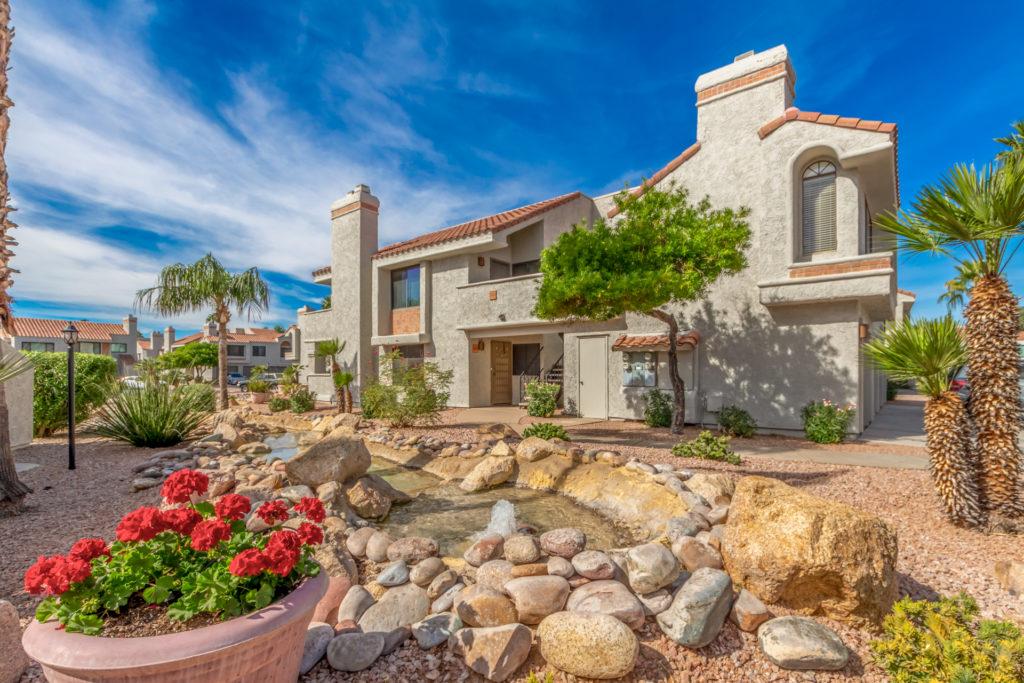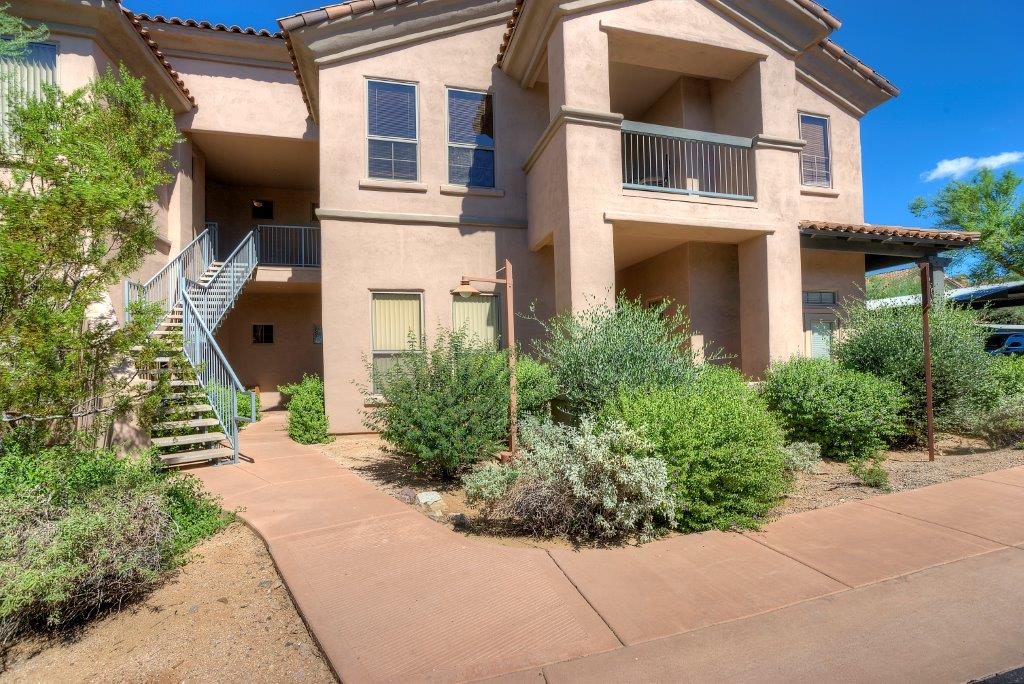Condos For Sale In Arizona – Quality goods for sale are not just limited to luxury items or high-end brands. Websites and apps like eBay, Craigslist, Facebook Marketplace, and Poshmark have made it easier than ever to find second-hand goods for sale, offering a wider selection and more convenience than traditional brick-and-mortar stores. These platforms provide a convenient way for sellers to connect with potential buyers, set their prices, and arrange for shipping or pick-up. The appeal of finding a hidden gem, something that has been cherished by someone else and is now available for a new owner, is a part of the allure of second-hand goods. Additionally, brick-and-mortar thrift stores and consignment shops provide a more traditional avenue for selling second-hand goods. Through online marketplaces and platforms, small businesses and independent creators can sell their goods to a global audience. The desire for more, the constant pursuit of bigger profits and greater influence, can lead to exploitation. The due diligence process helps the buyer understand the risks involved, the company’s market potential, and any legal or operational hurdles that may exist. In recent years, the market for businesses for sale has been affected by several global and local economic factors. By purchasing second-hand items, consumers can help reduce the demand for new products, thereby lessening the environmental impact associated with manufacturing and shipping. But in reality, even the most profound relationships can be commodified in some way. Many people continue to resist the notion that everything has a price, and they fight to reclaim what is meaningful and valuable in life. For sellers, the challenge lies in pricing items fairly and accurately representing their condition. This sense of connection can also extend to the broader culture of quality goods, where consumers and creators share a commitment to excellence and a desire to preserve the craft and tradition behind these products. Thrift stores, consignment shops, and online marketplaces like eBay and Poshmark provide a platform for people to sell or buy pre-owned high-quality goods. In many cases, sellers may work with business brokers, financial advisors, or accountants to help value the business and identify potential buyers. Additionally, there is the challenge of integrating the business into their existing operations and ensuring that it continues to thrive under new ownership. These moments remind us that there is more to life than the pursuit of profit, and that not everything can be measured by a price tag. A piece of art, for example, may be valued differently by various individuals based on personal taste, financial resources, or the emotional connection they feel to the work. The closing process also involves transferring the business’s assets, such as inventory, property, intellectual property, and customer contracts, to the new owner.

Surprise, AZ Condos for Sale
Price historycoming soon listingsfind local expertscompare nearby homes

DC Ranch Village at Market Street Luxury Scottsdale Condos For Sale
Price historycoming soon listingsfind local expertscompare nearby homes

Sedona, AZ Condos for Sale
Price historycoming soon listingsfind local expertscompare nearby homes

Condos & townhomes for sale in Gilbert Arizona under 150K!! Arizona
Price historycoming soon listingsfind local expertscompare nearby homes

Condo by the Pond For Sale Scottsdale Arizona Real Estate
Price historycoming soon listingsfind local expertscompare nearby homes

Ground floor, 2 bedroom, 2 bath DC Ranch condo for sale The Village
Price historycoming soon listingsfind local expertscompare nearby homes

Scottsdale AZ Luxury Condo for Sale The Landmark at Kierland
Price historycoming soon listingsfind local expertscompare nearby homes

Resort Style Luxury Condos for Sale in Scottsdale Arizona
Price historycoming soon listingsfind local expertscompare nearby homes

6000 E Camelback Rd Unit 7707, Scottsdale, AZ 85251
Price historycoming soon listingsfind local expertscompare nearby homes

Condos for Sale in Scottsdale, AZ
Price historycoming soon listingsfind local expertscompare nearby homes
From online platforms to local thrift stores, second-hand goods offer an opportunity for consumers to access unique products, save money, and reduce their environmental footprint. What was once limited to boutique shops or high-end department stores can now be purchased from the comfort of one’s home. A new smartphone, for example, can cost hundreds of dollars, but buying a used one can cut the price down by more than half. Additionally, trends in sustainability and eco-conscious living have contributed to the growth of the second-hand market, as consumers become more aware of the environmental impact of their purchasing decisions. Thrift stores often carry a wide variety of goods, from clothing and accessories to furniture, books, and electronics, and each item comes with its own story. In this broader sense, the concept of “for sale” is not just about the exchange of goods; it’s a driving force in the global economy, influencing how people live, work, and interact with the world around them. Second-hand items are typically sold for a fraction of their original price, making them an attractive option for individuals on a budget. The most obvious benefit is the cost savings. The rise of minimalism and a desire for unique, vintage items has also played a role in the growing popularity of second-hand goods. Sellers also have to deal with the emotional aspects of letting go of a business that they may have built over many years. In some cases, the sale of an item can mark a pivotal moment in someone’s life. Many high-quality products come with a rich history, whether it’s the legacy of a renowned brand or the personal touch of a local maker. Regardless of the reason, the sale of a business is an event that requires careful planning, transparent communication, and strategic negotiations. Second-hand goods for sale are no longer seen as inferior or out-of-date, but rather as a conscious, stylish, and eco-friendly choice. Whether through local thrift stores, online marketplaces, or garage sales, the option to buy pre-owned items has created a flourishing market that continues to grow. In a circular economy, items are kept in use for as long as possible, reducing the need for new resources and minimizing environmental harm. This can manifest in the context of career, relationships, or personal goals. Whether buying or selling, the process requires careful consideration, transparent communication, and a thorough understanding of both the financial and operational aspects of the business. This sense of history and individuality is part of what makes second-hand shopping so appealing. The process of selling it can be seen as a form of letting go, a recognition that the future may look different from the past, but that doesn’t diminish its importance or value.
The second-hand market is not just about saving money; it’s about embracing a more sustainable, mindful way of consuming that values reuse, repurposing, and the stories behind the items we choose to keep. The struggle is not in resisting the marketplace entirely, but in finding balance, in ensuring that the things that truly matter cannot be bought, sold, or traded. The ease and convenience of online sales have created a global marketplace where individuals can connect with buyers and sellers across the world. The sale agreement will include details about the purchase price, payment terms, assets being transferred, and any contingencies that may apply. Overpricing an item can lead to it sitting unsold, while underpricing it can result in lost potential revenue. There are those who argue that not everything should be for sale. These goods aren’t just products; they are symbols of craftsmanship, heritage, and pride. Each item was unique, and the quality was immediately apparent to the buyer. In this sense, online second-hand markets have not only made pre-owned goods more accessible but have also made them more desirable, offering an alternative to the mass-produced, one-size-fits-all nature of new products. Self-help books and motivational speakers promise to sell us the tools to fix ourselves, to buy into a better version of who we could be. In the age of immediacy, it can often feel as though many goods are made with built-in obsolescence, created to be replaced every few years. This has made it easier for people to find items that might have otherwise been out of reach, whether it’s a rare collectible, an antique, or a product from another country. Additionally, many second-hand items are still in excellent condition, having been gently used or well-maintained by their previous owners, further enhancing the appeal of these products. The idea that everything is for sale works to perpetuate inequality, as those with the most resources can continue to amass power and wealth, while others are left to scramble for what little they can get. Once a suitable business has been identified, the buyer usually begins the due diligence process, which involves reviewing all relevant documents, financial records, and contracts. Beyond practical reasons, the appeal of quality goods for sale also lies in the sense of pride and satisfaction that comes from owning something well-made. While buying and selling second-hand items can come with its challenges, the rewards—both financially and environmentally—make it a worthwhile pursuit for many people. However, there’s also an argument to be made that, over time, quality goods are often more economical in the long run. A car might be sold because it no longer serves the needs of its owner, or perhaps the owner is simply ready for a change. For some, selling something may feel like a sacrifice, while for others, it may feel like an investment in their future.